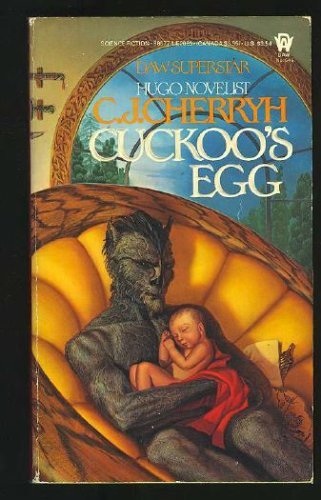










Following the interception of a spaceship of unusually high capability, crewed by creatures from a world nine light years distant, the cat-like, judge warrior, Duun-Hatani becomes the central figure in a covert programme through which a human baby boy is genetically engineered from the last of the spaceship's dead crew. He calls the boy - Thorn.
Duun gambles that, Thorn, after becoming integrated into their society and, through the use of archive material - mostly tape recordings - found on the spaceship, will become sufficiently well versed in human traits, also, that he can mediate between the two cultures, if they should meet up, again, sometime in the future. From Duun's perspective this could be next decade or next week: neither he nor anyone else are sure of the spaceship's real capability despite having duplicated one, and Duun's people are incapable of speaking or interpreting the information on the tapes. It is hoped that Thorn will have inherited some instinctive means by which he can grasp the meaning of the tape recordings. This turns out to be the case. Duun has Thorn send a message. And they wait.
Like the rest of C.J.C's Sci-Fi I have read, Cuckoo's Egg primarily concerns itself with the characters' motivation and the thinking behind it, imbuing her books with a high degree of reader-character association. I find this adds an extra dimension to what would be fairly standard for the genre in terms of action, technology, and plot, creating stories, which transcend the limitations of such; a robustness that makes me remember them much more easily than would usually be the case with others' work.
Readers of Cuckoo's Egg should also find the following worthwhile: Cyteen, and the Foreigner series, both of which draw quite heavily on Cuckoo's Egg for some of their inner details.

